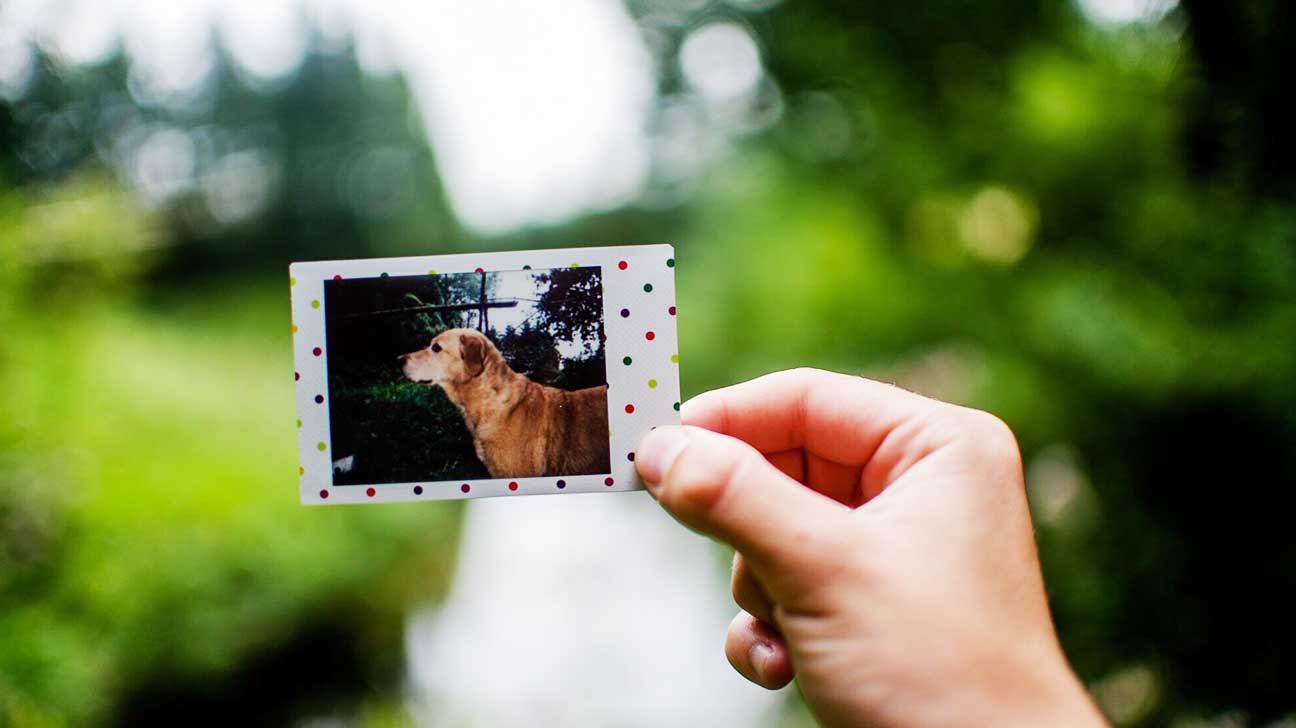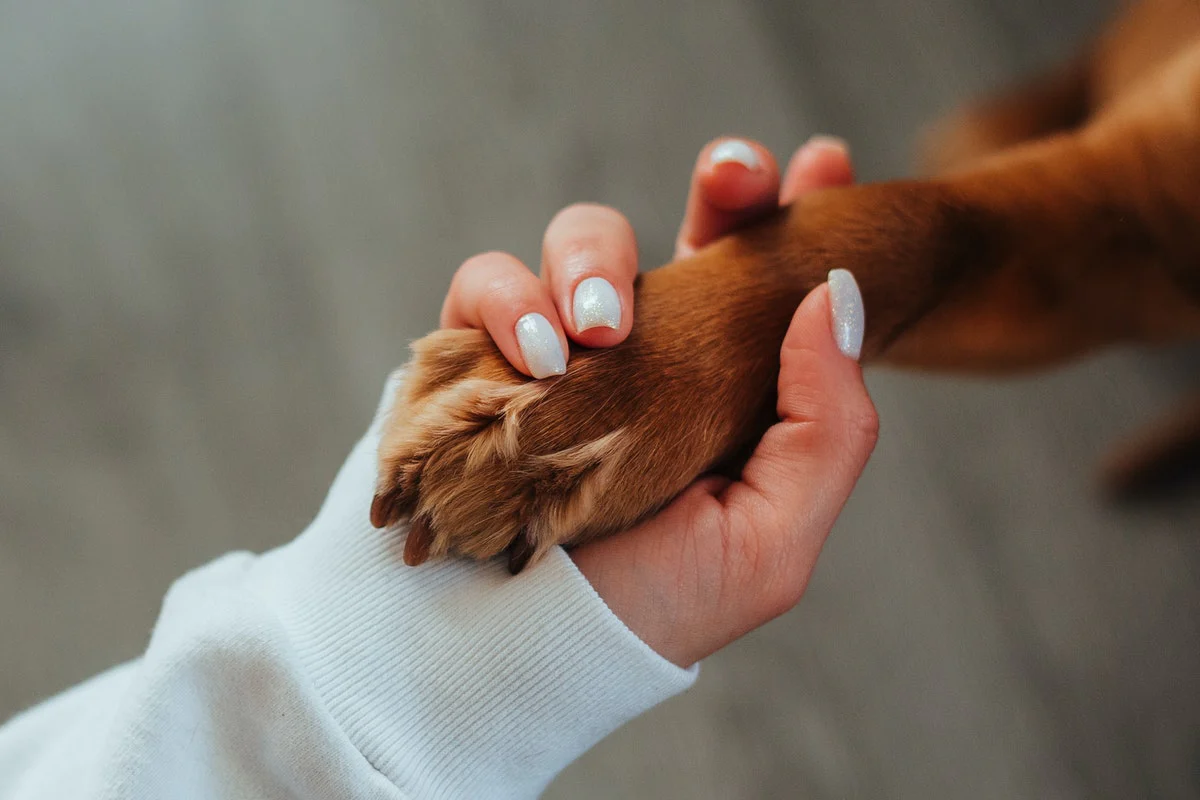
When Its Time To Say Goodbye: A Guide To Pet Grieving For Pet Parents 2024
Whether you have a cat, a dog, a horse, or another pet, the worst day in your time together is the last one. Over the last few years, more veterinary surgeries and pet owners around the world have pushed for the loss of their furry friends to be taken seriously, and now, more workplaces and counseling services than ever before are able to offer support and guidance when you lose your furry best friend.
However, if you have only recently gotten a pet, or your current pet is approaching their sunset years, you may be wondering if pet loss is different from the grief people experience when they lose a family member or friend. In many ways, it is similar, but it is also different, and this guide aims to help you through this difficult process.
What is Grief?

First, it is essential to have an idea of what grief is. Grief is the standard response to loss or the experience of losing someone. It is a complex emotional and physical process that can manifest in different ways depending on the individual and their circumstances. In some cases, grief can present as sleep disturbances, mental health issues, crying, detachment, and, interestingly, it can impact the ability of medications to work, or it can alter how well medications work. So, it is a real thing.
Grief is a highly individual, personal, and cultural experience. In short, there is no right or wrong way for someone to grieve, but it is a process that requires time, self-compassion,
and support from others. It is essential to acknowledge and honor one’s own feelings and emotions while also seeking help and support when needed.
So, when it comes to the grief of a lifelong pet, you have every right to feel the way you do. To ensure you get support during this difficult time, the vet you pick before they pass is very important. Not only will a great vet handle the situation with dignity, but they will also be a solid support for you. Surgeries like saltwateranimalhospital.com can offer you support and help when experiencing the loss of your companion, so don’t be afraid to reach out to ensure your pet gets treated with respect in their final months, weeks, or days. They will understand what you are going through and can point you in the right direction.
Coping With The Loss
Whether your pet passed away naturally in their sleep or you made the tough decision to have them put to sleep, there are some things you can do to ease this difficult process:
-
Allow Yourself to Grieve

As obvious as it sounds, the most crucial thing you can do is allow yourself the time and space to grieve. It’s vital to acknowledge and accept the emotions that come with the loss of your beloved pet, and whether you feel sad, angry, or numb, it’s okay to feel what you’re feeling. Don’t try to suppress your emotions or pretend that everything is okay; it isn’t. Instead, give yourself permission to grieve and work through your emotions of losing your pet. Remember, almost all veterinary surgeries can now point you in the direction of a therapist to help you cope with the grief, which can be helpful if your pet had a traumatic passing.
-
Create a Memorial
Creating a memorial for your pet is often seen as a therapeutic way to honor their memory. This could be something like compiling a photo album or something as elaborate as a statue or plaque. You could also create a scrapbook or memory box with items that remind you of your pet.
Some people even throw memorial services for their pets in their homes, wherein they invite people who knew their pet well. Obviously, this is more common with dogs and horses than it is with cats and other pets, as dogs and horses often prompt their owners to make friends during their walks. But if your neighbors knew your cat or other pet, or you have family members who did, they are ideal guests to invite to a memorial service.
-
Talk to Someone
While there is no time limit on grief, most psychologists agree that if after 6 months you are still struggling to cope, you have entered what is referred to as complex grief. Sharing your feelings with others, like those at a pet loss support group, can be very helpful, as you will see that you are not the only person who is missing their pet. If you’re struggling to cope, you might also want to consider speaking with a therapist or grief counselor. Here, you will not be laughed at by these mental health professionals for seeking help over losing a pet. As mentioned earlier, there was a push by therapists and counselors to have pet grief recognized as being on par with the loss of a family member.
-
Take Care of Yourself

When you’re grieving, it’s easy to neglect your own needs. However, taking care of yourself is important for your emotional and physical well-being. Try to make sure you’re eating nutritious food, getting enough sleep, and exercising regularly. Engage in activities that bring you joy, whether that’s reading, painting, or spending time with friends. But remember, this is going to be a hard road, so don’t be too hard on yourself if you have to cancel meeting up with friends or you skip a few days at the gym.
If you have found that it is becoming increasingly hard to care for yourself, then it is time to seek professional help, and you should contact your doctor.
-
Remember the Good Times
When you’re grieving, it can be easy to focus on the loss and forget the happy memories you shared with your pet. Take some time to reflect on the good times and the special moments you shared together. You could create a list of your favorite memories or write a letter to your pet expressing your love and gratitude and how you are feeling at their passing.
In fact, dog behaviorist Cesar Milan states that when you can think of your pet and laugh at the fun times you shared with them rather than cry, you have healed from the most challenging part of the grieving process.
-
Honor your Pet’s Legacy

Your pet’s memory can live on through charitable donations, volunteering at an animal shelter, or even adopting another pet in their honor. This can feel particularly impactful if you do it at the shelter where you got them from. Even if you got them as a kitten, puppy, or foal from a breeder, doing something positive in memory of your pet can still help you find meaning and purpose in their loss.
